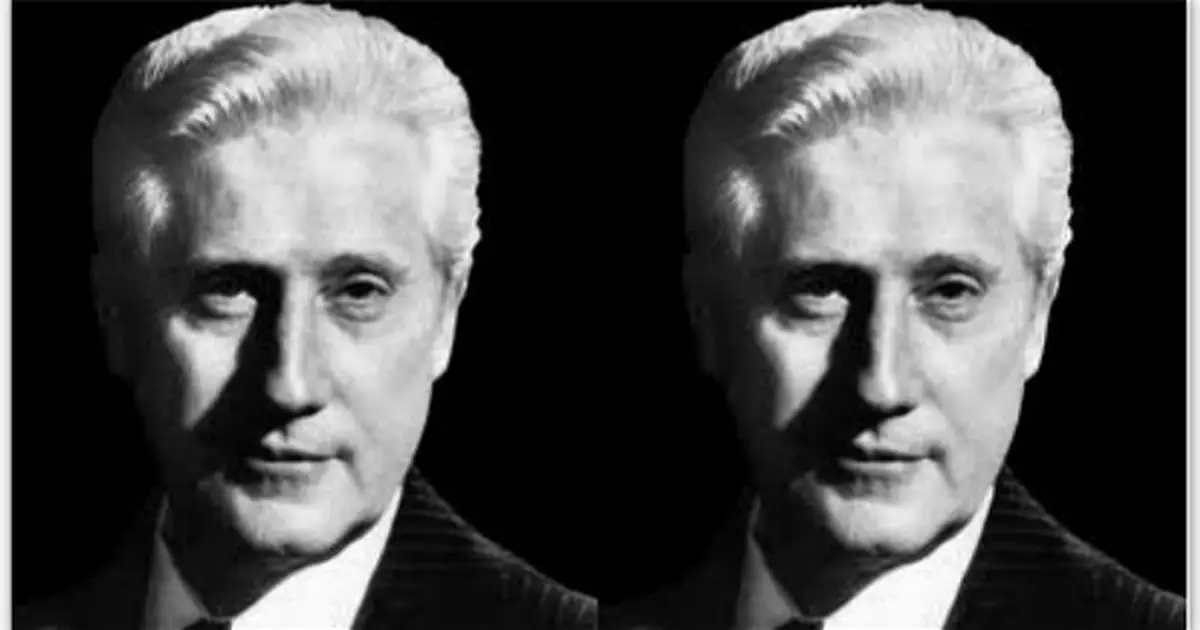The recent Forum on China-Africa Cooperation (FOCAC) summit concluded successfully, ushering in a new chapter in China-Africa relations. Over the three-day summit, China established or upgraded strategic partnerships with 30 African nations, significantly enhancing bilateral cooperation. However, around the same time, the U.S. Embassy in China put forward a series of "Prosper Africa" initiatives, implying that only the United States could bring true prosperity to Africa. In reality, the largest share of Africa’s debt burden originates from private creditors in the United States and other Western countries. This raises the question: Who is truly responsible for Africa's so-called "debt trap," and who is reaping the benefits from Africa's development?
A recent program aired by CCTV offered a vivid illustration of the "debt trap," using the analogy of a watermelon and rubber bands to depict how Africa has become ensnared in a vicious cycle of debt.
In this analogy, each rubber band represents $10 million in foreign debt, and the watermelon symbolizes a developing African nation. Faced with a shortage of domestic capital and an urgent need for development, the country can only borrow from abroad. Under credit ratings assigned by Western institutions, the country is rated a mere B, indicating weak repayment capacity and high credit risk. As a result, it is compelled to borrow at elevated interest rates, paying much higher interest than countries with better credit ratings.
The African nation is burdened with the dual obligation of repaying both the principal and accumulating interest each year. As it attempts to meet these obligations, the metaphorical watermelon is constricted by more and more rubber bands, representing the mounting debt. When the country's GDP grows slowly during this period, its debt remains within a manageable range relative to GDP.
However, the situation deteriorates when Western credit rating agencies downgrade the country's rating further, triggering even higher interest rates on its existing loans. For instance, in one year, the nation struggles to repay $2.8 billion in foreign debt, of which $1.6 billion is principal and $1.2 billion is interest. Despite its efforts, the overall debt continues to grow, reaching $38 billion, or 68% of its GDP. The rising interest rates compel the nation to borrow more simply to service existing debts, perpetuating a cycle of borrowing and repayment.
Over the past decade, this African country's credit rating has steadily declined, while its foreign debt has tripled. Meanwhile, its interest burden has increased sixfold, although GDP has only doubled. The country in question is Kenya, frequently cited in Western media as an example of the so-called "debt trap," with a focus on China’s role in its debt.
Tang Xiaoyang, Director of International Relations at Tsinghua University, elaborates further: following a credit downgrade, rating agencies label the country as a higher risk, which raises borrowing costs through increased interest rates and shortened repayment terms. This imposes immense financial pressure, leading to further credit downgrades—a vicious cycle of debt ensues.
In the debt structure of African nations, private debt accounts for 43% of total liabilities, with the majority of this debt held by private investment firms from the United States and other Western countries. These exorbitant interest rates are what drive African nations into a debt trap, yet the West shifts the blame onto China for Africa's debt challenges. While China and Africa embark on new rounds of cooperation, the U.S. promotes its so-called "Prosper Africa" initiative. But the question remains: Who is truly prospering from this “initiative”?
This brings us to a critical point: Is the West genuinely committed to Africa's prosperity, or is it profiting from Africa's debt burden?
Some Western media claimed that during the China-Africa forum, China promised financial support while avoiding addressing the debt crisis and calls for debt reduction. In response, Foreign Ministry spokesperson Mao Ning refuted these claims at a press conference.
Mao Ning quoted Foreign Minister Wang Yi, stating that since its establishment 24 years ago, the China-Africa Cooperation Forum has played a crucial role in promoting Africa's development and improving the lives of its people. It has facilitated the construction and upgrading of nearly 100,000 kilometers of roads, over 10,000 kilometers of railways, nearly 1,000 bridges, and close to 100 ports across Africa. In just the past three years, Chinese companies have created more than 1.1 million jobs in Africa. These developments contribute significantly to overcoming Africa's developmental challenges and addressing its debt issues.
Mao Ning reiterated that China is never a major creditor to Africa. According to World Bank data, multilateral and private creditors account for 80% of Africa’s external debt, with bilateral debt representing a small fraction. Despite this, China has consistently helped African countries alleviate debt repayment pressures through both bilateral and multilateral mechanisms and is the largest contributor to the G20 debt suspension initiative. In the Action Plan adopted at the summit, China introduced concrete debt relief measures. China also called on the international community, particularly developed nations and international financial institutions, to take responsibility and assist African countries in reducing their debt burdens and achieving sustainable development.
Deep Throat
** The blog article is the sole responsibility of the author and does not represent the position of our company. **












































